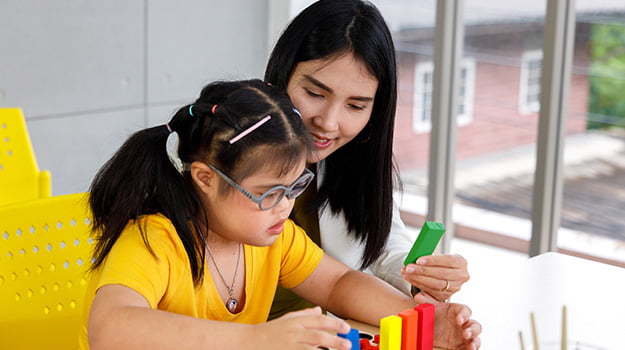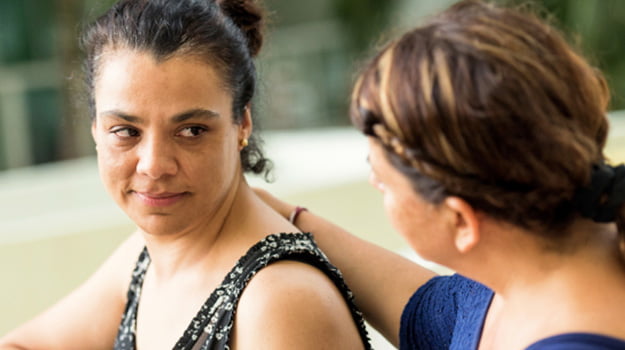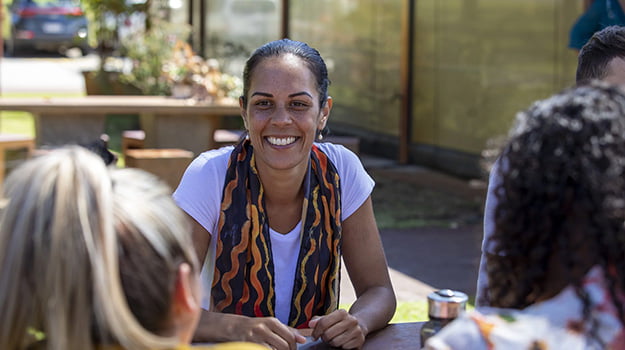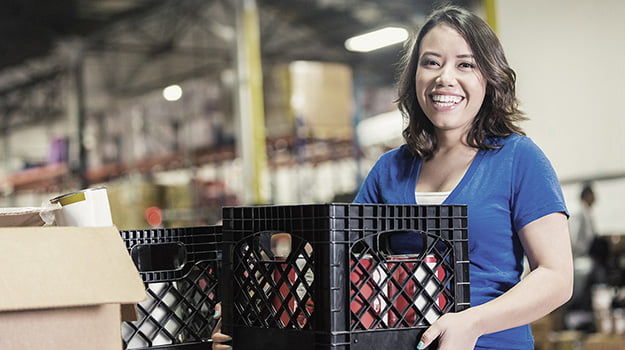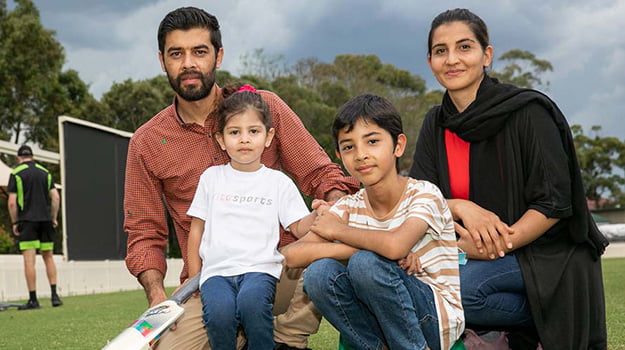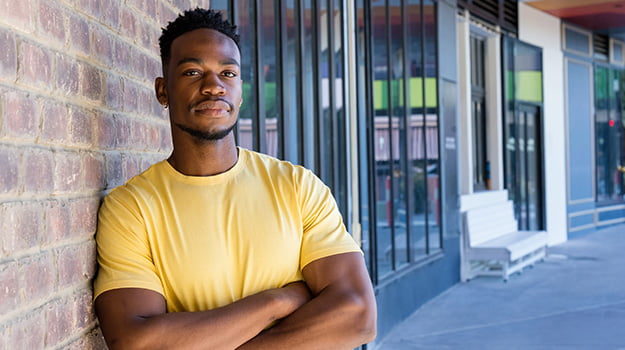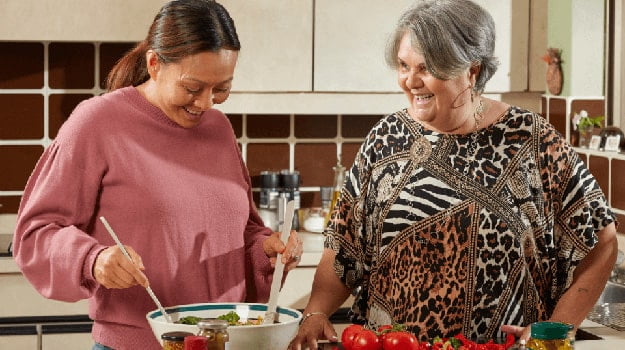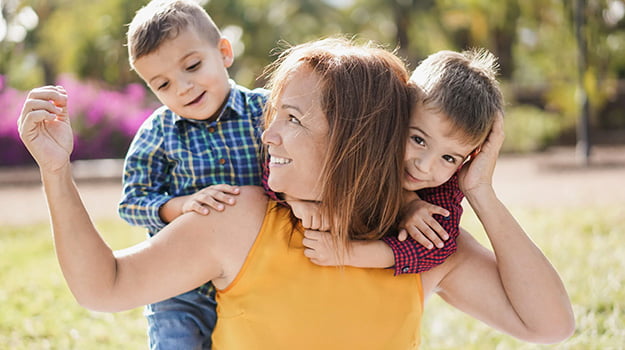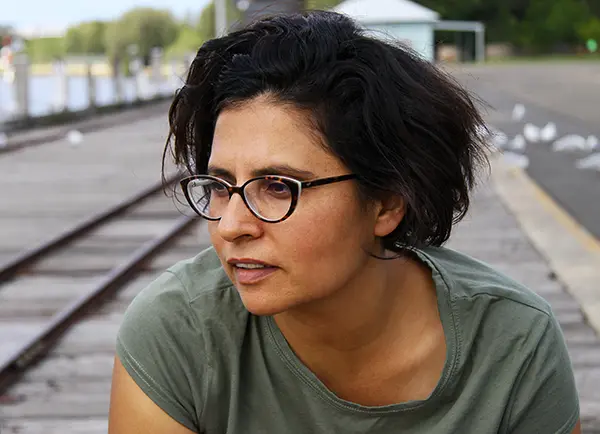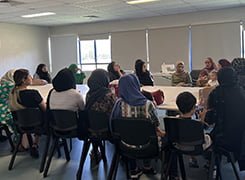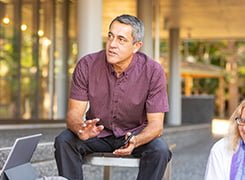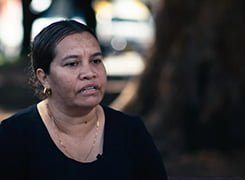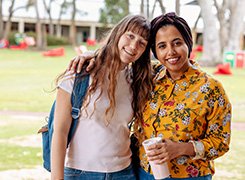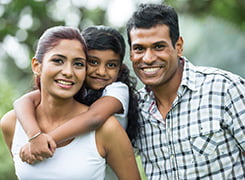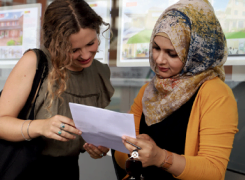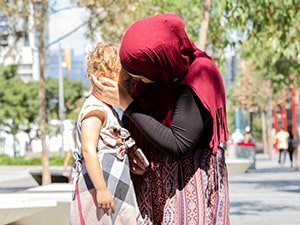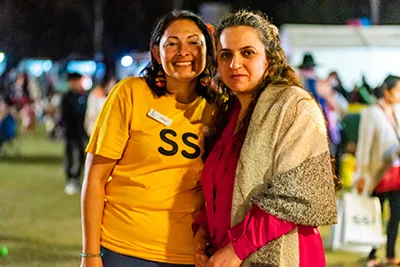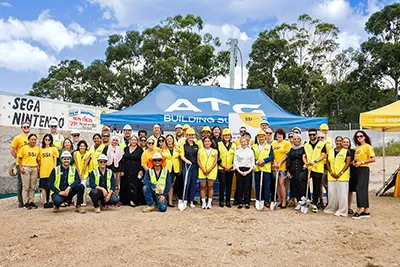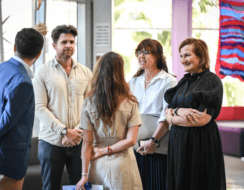24 Jun 2021
NewsFrom the CEO: Insecurity – the experiences of people seeking asylum and how you can make a difference.
This is a question I’ve reflected on quite a bit since I was given the opportunity to discuss the experiences of people who have sought asylum in Australia on a panel for the Third I Festival last weekend.
People seeking asylum who arrive by boat are subject to strict deterrence measures that can have serious impacts on their quality of life.
Both major parties have continued to accept key measures to discourage boat arrivals, including mandatory detention, offshore processing, and the introduction of temporary, rather than permanent visas – even for people found to be entitled to our protection.
On the panel I was joined by two women with lived experience of forced migration– Hani and Sajeda.
Hani and Sajeda are just two of the thousands of people seeking asylum living in the Australian community. Some of these people have come to Australia by plane and sought asylum afterwards, while others, like Sajeda and Hani, braved the journey to Australia by boat.
Everyone seeking asylum in Australia will have a different experience and life story. But one of the consistent themes for individuals and families who arrived between 2009 and 2013 is that they live in a precarious position with no certainty of remaining in the country long term.
Most individuals and families in the so-called ‘legacy caseload’ do not have a pathway to permanent residency in Australia, and live either in the community or immigration detention on rolling temporary visas – even if they have been found to be refugees.
During this time, many people face a combination of language barriers, mental health challenges, chronic physical issues and limited medical support, and difficulties accessing stable employment and affordable housing. These are only compounded by the temporary nature of their visas and lack of security about their futures in Australia.
Consequently, people from a refugee background living on insecure visas experience significantly greater PTSD symptoms, depression symptoms and suicidal ideation, compared to those on a secure visa and access greater support from community organisations and charities.
I have known Sajeda for some time, initially as an SSI client and subsequently as a prolific volunteer and advocate for other refugees.
Sajeda and her family were forced to flee their village in Burma and undertook the hazardous journey to Australia by boat in 2014. After being released from detention, Sajeda quickly learnt English, threw herself into volunteer and humanitarian work, and built a life in Australia.
She also established the Australian Rohingya Women’s Development Organisation – one of only two organisations in the world that exist to support Rohingya women.
Despite all her achievements, after almost nine years of living and paying taxes in Australia, Sajeda and her family are still stuck in the limbo.
So, what can each of us do to support people seeking asylum in Australia and promote change?
One easy, cost-free, place to start is reflecting on the language we use.
Research suggests that instead of calling people ‘asylum seekers,’ it is better to identify someone as a person who has experienced forced migration or a person who is seeking asylum.
No matter how good our intentions are, reducing someone to a label makes it easier for others to dehumanise that person or group and can ignore the other facets of their identity.
Another way you can support these communities is to volunteer.
Volunteering is one of the most rewarding experiences and a fantastic way to support our community.
SSI has a volunteering program you can participate in, or you can reach out to other community organisations such as the Australian Rohingya Women’s Development Organisation to see if they need any assistance.
Another obvious way you can support people seeking asylum is to donate to the community organisations that supports them. SSI is currently running a fundraising campaign that you can find here.
Now more than ever, settlement support organisations, particularly smaller grassroots organisations like Sajeda’s, need your support, to keep providing services to the most vulnerable members of our society.
Finally, there are many organisations and groups working on initiatives to advocate for people seeking asylum that you can support.
Some fantastic organisations that you can reach out to and support include Sydney Alliance, who run an ongoing campaign to improve conditions for people seeking asylum in the wider Sydney area, and The Asylum Seeker Resource Centre, who are currently running several campaigns to promote the rights of those seeking asylum.

